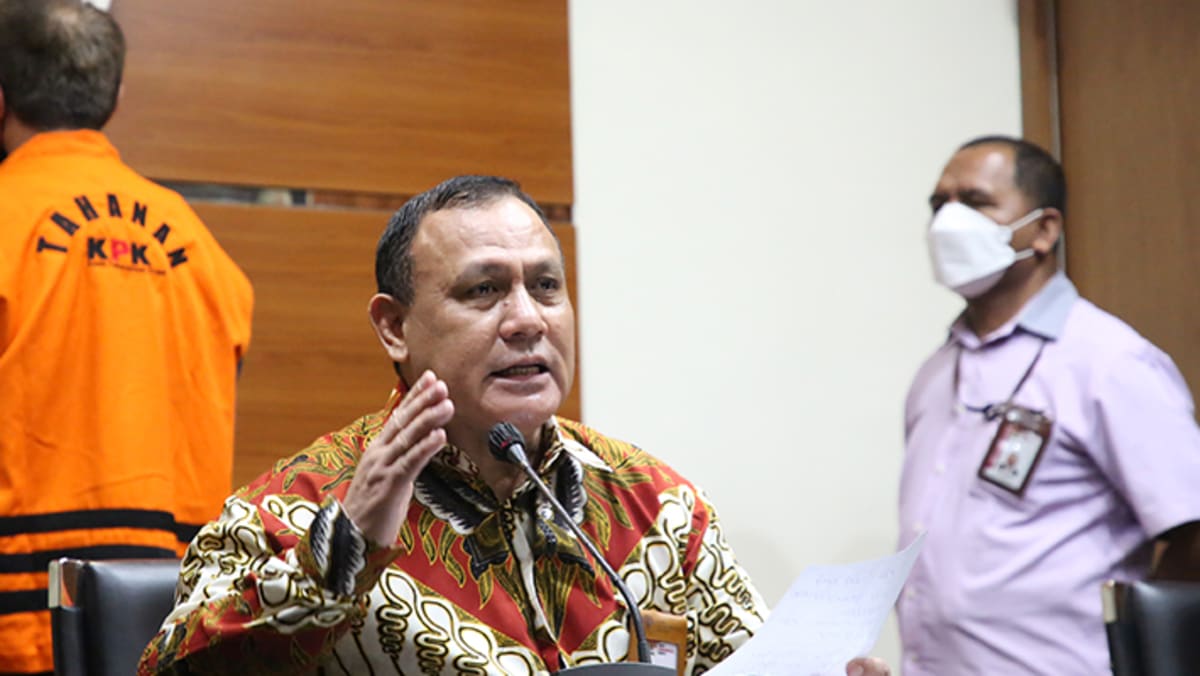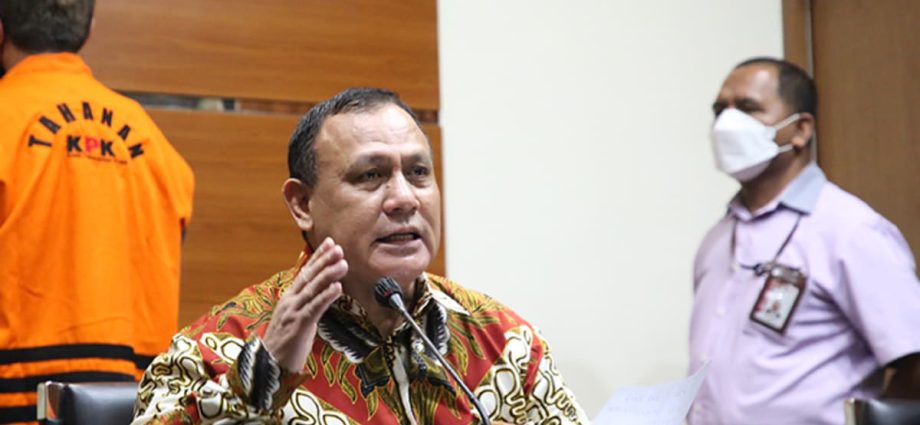
Another senior official charged with graft was Henri Alfiandi, the disgraced chief of the national search and rescue agency, a non cabinet position but is directly appointed by Jokowi.
His case is still being investigated by the military police, as Henri is an active Air Force general, and it has not moved to trial.
Mr Fickar of Trisakti University said Jokowi must take the selection process of strategic public posts seriously. Equally important is how these positions are monitored and supervised.
“In the case of the KPK, these supervisions must be double or triple the strictness compared to other institutions because the KPK is supposed to be a model of what a clean and transparent public institution in Indonesia should look like,” he said.
“The fact that a person like Firli can get away with so many ethical violations and misconduct for so long shows that there is something wrong with how KPK officials are monitored.”
The KPK is supposed to be scrutinised by a supervisory committee, all five members of which are also vetted and nominated by a presidentially appointed selection committee.
But Mr Kurnia of Indonesia Corruption Watch said the supervisory committee is moving too slowly and its sanctions too weak.
“Firli is a repeat offender and yet every time he was found guilty of violating the KPK’s ethics code, he got no more than a written reprimand,” he said.
The committee, Mr Kurnia added, should have been more firm towards Mr Firli, who kept snubbing orders to appear before the ethics tribunal, delaying the committee’s investigation process.
“Firli met a person of interest who was the subject of corruption probe. That is a clear violation of the ethics code. What more (evidence) does (the committee) need?” he said.

